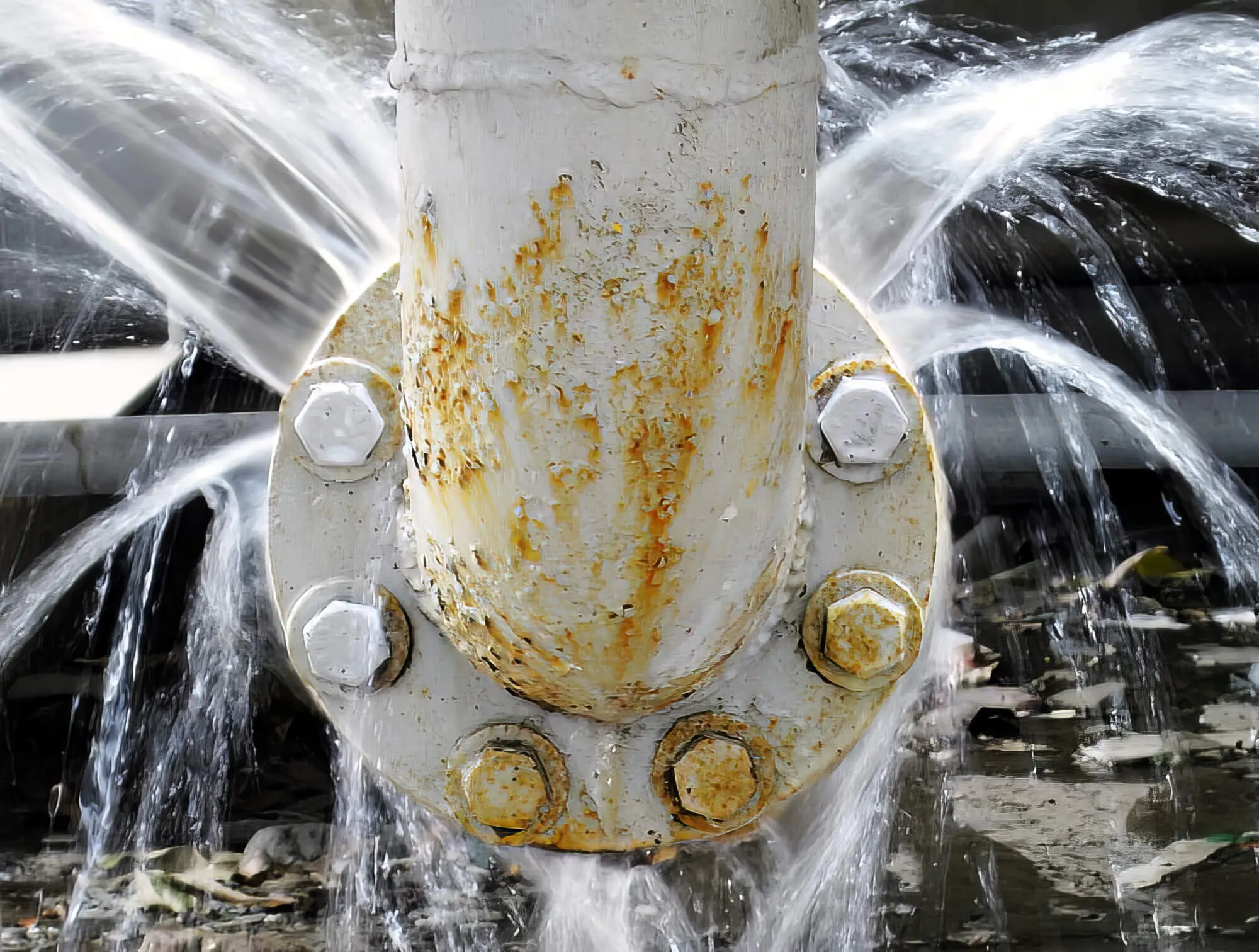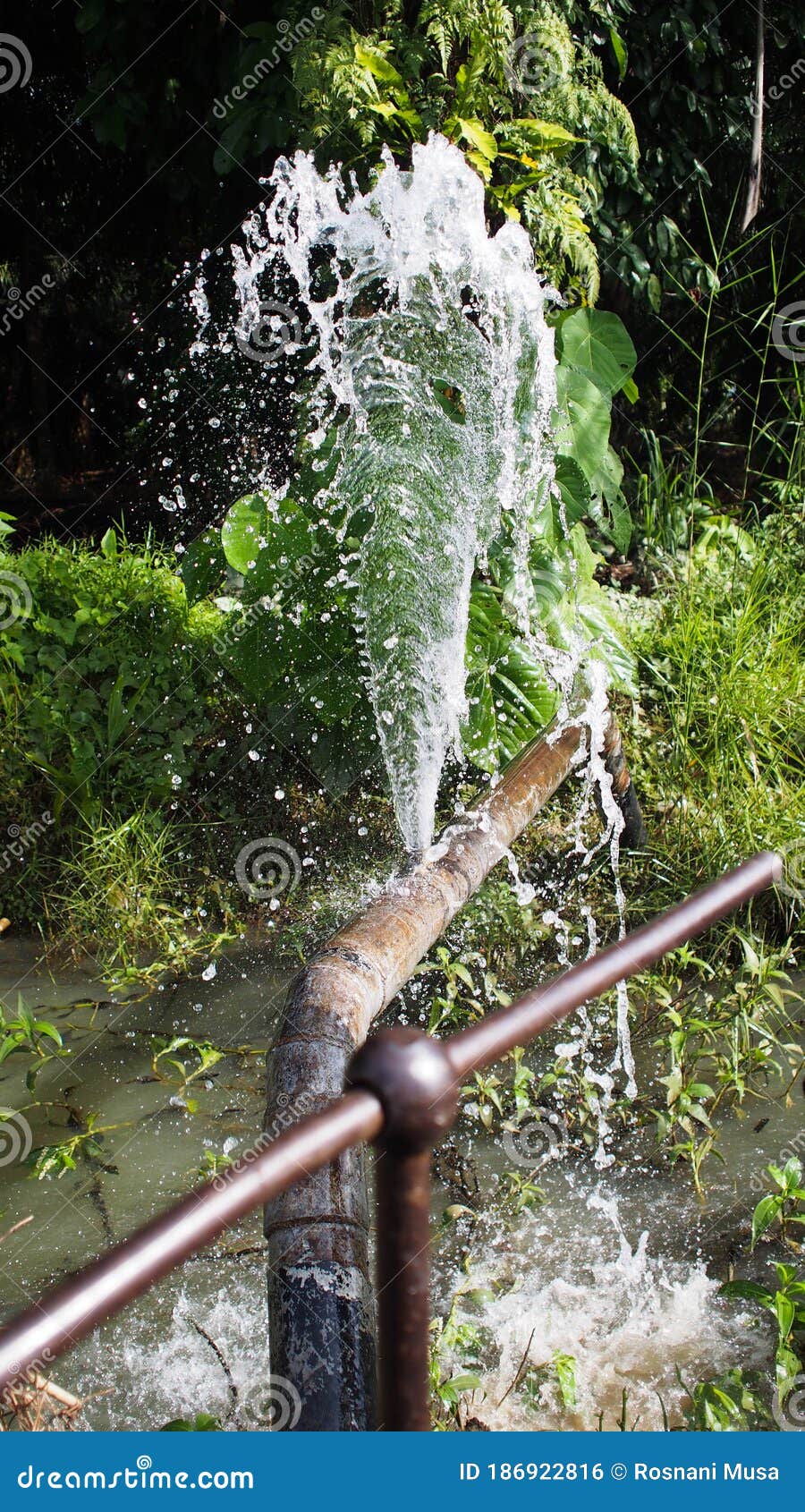Avoiding Ruptured Piping: Important Tips to Safeguard Your Plumbing
Preventing ruptured pipes is an important issue for homeowners, particularly during colder months when the danger of freezing is enhanced. Applying calculated procedures such as correct insulation, regular assessments, and keeping constant interior temperature levels can dramatically decrease the possibility of pipe failing. Additionally, recognizing emergency situation procedures equips house owners to respond quickly to prospective plumbing concerns. However, many are not aware of the certain susceptabilities that their pipes may encounter. Discovering these susceptabilities can provide indispensable insights right into safeguarding your plumbing system effectively.
Understand Pipe Vulnerabilities
Comprehending pipeline susceptabilities is essential for efficient pipes upkeep and avoiding pricey damage. A number of factors add to the vulnerability of pipes to ruptureds, including material composition, age, and environmental conditions. Older pipes, particularly those made from galvanized steel or polybutylene, usually weaken in time, causing boosted threat of leakages and tears.
Temperature level changes can additionally considerably effect pipe stability. In chillier climates, water caught in pipes can freeze, exerting and expanding stress on the pipeline wall surfaces, which might inevitably cause a burst. Additionally, high water pressure can strain pipes, especially at bends and joints, enhancing the possibility of failing.

Insulate Water Lines Appropriately
Appropriate insulation of pipelines is important for stopping cold and subsequent bursts during winter (burst pipe). Shielding your plumbing system successfully safeguards versus temperature level goes down that can result in costly damages. Begin by determining vulnerable locations where pipelines are subjected to outdoor temperatures, such as basements, attic rooms, and outside walls
Use foam pipeline insulation sleeves or cover insulation tape around these areas to offer a safety barrier. Ensure that all areas of the pipelines, especially those with restricted warmth direct exposure, receive sufficient insulation. Pay unique interest to installations and joints, as these are extra at risk to freezing.
When protecting, it's necessary to pick products that satisfy neighborhood structure codes and are ideal for the particular setting. Fiberglass insulation is frequently recommended for its thermal resistance homes. In addition, consider utilizing warm wires or tape in severe problems, which can be connected in to give additional heat
Routinely evaluate protected pipelines for any type of signs of wear or damages, as compromised insulation can decrease its effectiveness. By taking these proactive steps, you substantially minimize the threat of pipeline ruptureds, ensuring a dependable plumbing system throughout the wintertime months.
Maintain Consistent Temperature Level
A stable indoor temperature level is necessary for preventing burst pipelines during the frigid months. When temperatures decline, water within pipes can freeze, expanding and creating pressure that may eventually cause the pipes to ruptured.Utilizing a programmable thermostat can aid take care of interior temperature levels efficiently, making certain that areas with plumbing stay cozy even view it now when the home is vacant.
Additionally, it is prudent to enable taps to leak slightly throughout severe cold snaps. This minor flow of water can prevent cold by relieving stress within the pipes. In addition, throughout specifically serious weather condition occasions, take into consideration briefly putting on hold any kind of nighttime problems on your thermostat to maintain a stable warm atmosphere. By implementing these strategies, homeowners can significantly decrease the threat of pipe bursts and protect their pipes systems against the rough winter season components.
Frequently Check Pipes
Normal inspections of pipes systems are important for preventing ruptured pipes and preserving overall home integrity. Regular checks enable property owners to identify potential problems before they intensify into expensive repair services or major water damage. Throughout these inspections, it is necessary to examine noticeable pipelines for indicators of deterioration, leaks, or wear. Pay unique interest to areas susceptible to cold, such as cellars, attic rooms, and outside wall surfaces.
Additionally, inspecting connections and joints is vital, as these points are commonly vulnerable to leaks. Homeowners should additionally evaluate water pressure levels, as excessive stress can stress the pipes system and increase the risk of pipeline bursts.
Consider scheduling expert plumbing evaluations at least annually, especially before wintertime, to ensure your system is planned for chillier temperatures. Routine assessments not only help in recognizing prompt worries yet additionally foster long-term upkeep approaches that can improve the lifespan of your plumbing system. By being positive in your method, you can protect your home against the disruptive and costly effects of ruptured pipelines. Prioritizing plumbing evaluations is an investment in your house's health and wellness.
Know Emergency Procedures
Comprehending emergency situation treatments is important for every home owner, particularly after performing regular pipes examinations. you can try here Being prepared for a pipes emergency can dramatically minimize damage and save costs.
Following, keep important devices handy. A pipes emergency set need to consist of a wrench, plunger, and towels, as well as a flashlight and a container for tiny leakages. Furthermore, consider having the call information for a trusted plumbing professional easily available, must the situation intensify beyond your control.
If you identify a leakage or ruptured pipe, quickly shut off the water supply and see this here alert your plumber. Document the damages with photographs for insurance policy functions. Understand the indicators of possible pipes problems, such as unusual water pressure variations or damp areas on wall surfaces
Ultimately, positive knowledge and quick action are critical in handling plumbing emergency situations, guaranteeing your home stays secured and lessening potential damage.

Conclusion
Finally, avoiding ruptured pipelines requires a diverse strategy that consists of understanding pipeline vulnerabilities, proper insulation, maintaining consistent interior temperature levels, normal assessments, and knowledge of emergency treatments. By executing these essential approaches, the threat of pipes failings can be considerably lowered, thereby making certain the durability and performance of the pipes system. Positive steps not only safeguard against possible damage however additionally add to total water conservation and the security of residential or commercial property.
In chillier climates, water entraped in pipes can freeze, exerting and expanding stress on the pipe walls, which might inevitably lead to a burst. When temperatures decline, water within pipes can ice up, broadening and developing pressure that might ultimately cause the pipelines to ruptured. By applying these approaches, property owners can dramatically reduce the danger of pipeline bursts and secure their pipes systems against the rough winter months elements.
